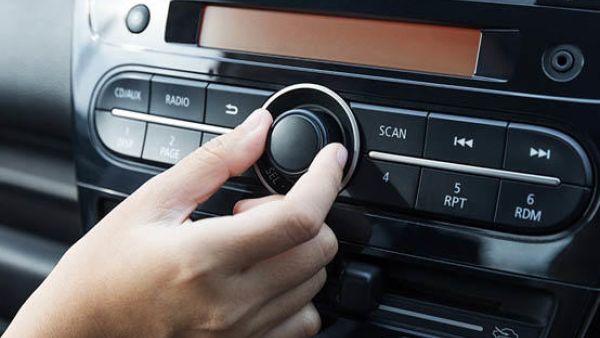Egypt’s parliament approved a governmental proposal to increase taxes on radio and wireless equipment, the latest in a series of austerity measures that have caused controversy and cynicism in the country.
According to the new law, car owners with electronic or entertainment devices or whose vehicle is equipped to use such devices are required to pay an annual fee of LE 100 ($6.24). While the audio tax has been in effect since the era of the late President Gamal Abdel Nasser and the new value car owners are required to pay is minimal, it follows other austerity measures, such as a 1% decrease in state employees’ salaries that have caused widespread discontent.
These new taxes are part of government efforts to secure an annual return of some $5 billion to cover part of the public budget deficit. Much of the public, however, accuses the government of trying to solve its financial problems by taking from the pockets of already strained citizens.
Many Egyptians are also concerned that the government will eventually increase other taxes to help overcome its economic crisis instead of looking for other ways to maximise public revenue and spending on national projects.
“People’s anger is justified after they find that the government share with them their private ownership, as if car drivers rent radio equipment from the government, and they have to pay for it annually,” said Jihad Awda, a political science professor at Helwan University in southern Cairo.
“The new taxes mean that there are officials who have a wrong understanding of the concept of tax in general,” he added.
Opponents of the new tax said that the government is effectively telling people they have to foot the bill for the coronavirus pandemic, and are calling for the public to resist further tax burdens.
Even many government supporters concede that the new measures, even if justified, are being put into effect at the wrong time.
Many detractors of the new tax do not even own a car, but are simply voicing their opposition to more tax increases in general.
Egypt’s tax revenue increased from 260 billion pounds ($16.17 billion) in 2014 to 965 billion ($60.08 billion) for this year’s budget. The government has introduced higher tax rates for services and essential goods, such as electricity, drinking water and petroleum derivatives, calling for patience and endurance from the public.
The government has warned citizens that refusal to pay higher taxes could lead the country into danger and affect the nation’s stability and security. Awda said that the government often presents new measures ineffectively, even if they are for the long-term good of citizens.
This article has been adapted from its original source.








